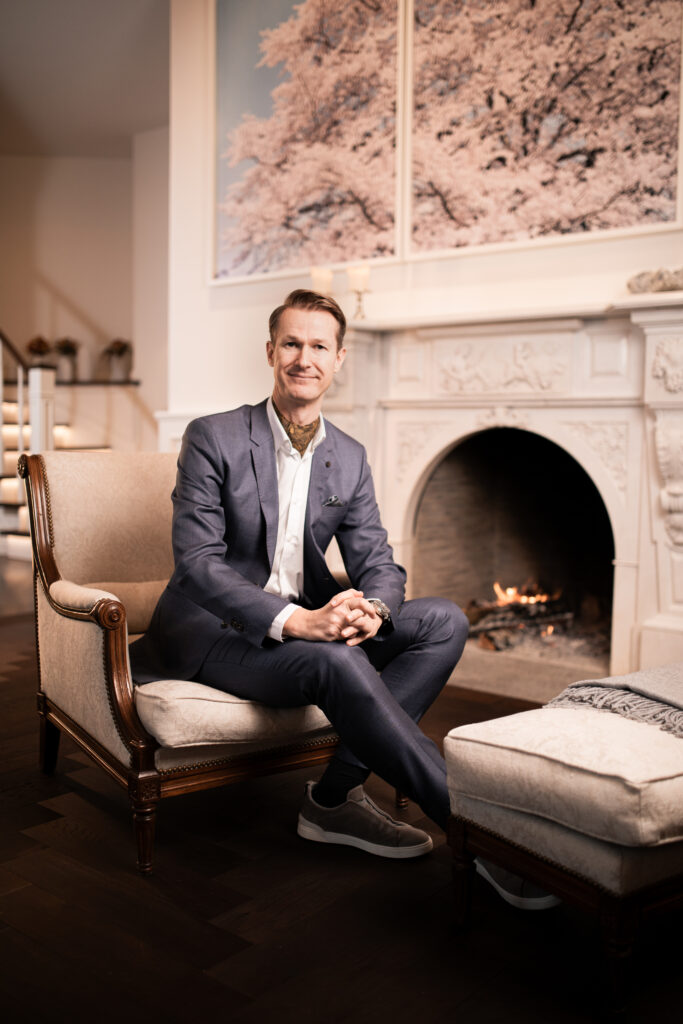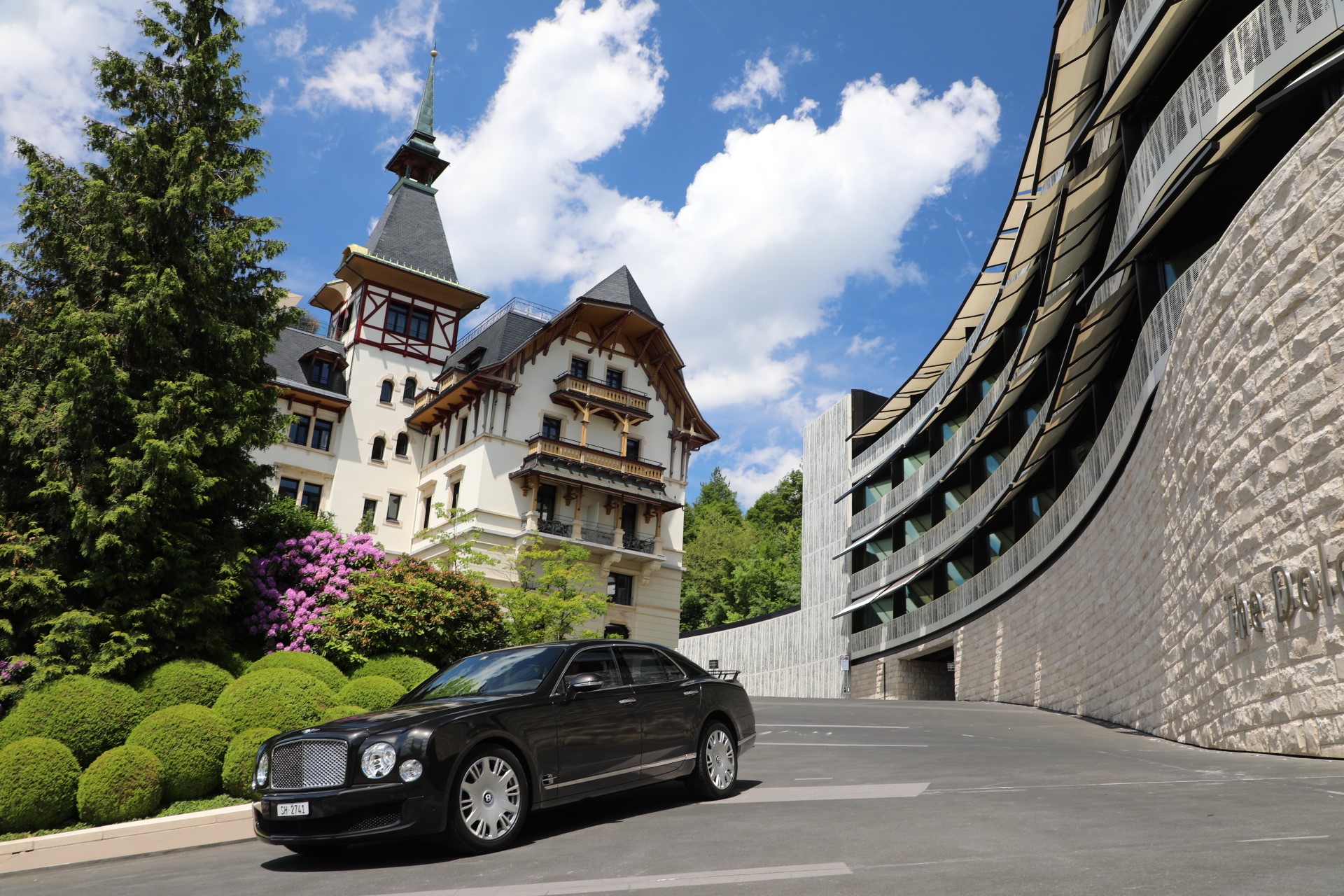Paracelsus Recovery, Switzerland based mental health and addiction clinic, has identified a rising phenomenon called opulomania—a compulsive dependence on luxury as a way to mask emotional pain.

“Luxury isn’t just about handbags or cars anymore,” says Jan Gerber, the clinic’s CEO. “It’s become a way to chase dopamine and avoid deeper issues.”
What was once a symbol of achievement is now used as an emotional crutch. Fuelled by social media, global brand access, and rising wealth, luxury consumption has become normalized—even expected—leading to distress, burnout, and identity loss.
At their Zurich clinic, high-profile clients—entrepreneurs, influencers, and heirs—often display classic signs of luxury addiction: impulsive spending, emotional highs and lows, fear of missing out, and a need for social validation. “The thrill fades,” says Gerber, “so spending escalates—just like any addiction.”
The trend mirrors explosive growth in the luxury market. LVMH’s revenue surged from €13.9B in 2005 to over €86B in 2023, reflecting not just financial gain, but a cultural shift in how we define happiness and status.


Inside the Mind of an Opulomaniac
According to Paracelsus Recovery, the tell-tale signs of opulomania include:
- Compulsive shopping sprees beyond one’s needs
- Emotional highs followed by lows after luxury purchase
- Fear of missing out (FOMO) on high-status items or experiences
- Using luxury to gain social approval or mask insecurity
- Difficulty finding joy in non-material experiences

“One of the most insidious aspects of luxury addiction is how socially acceptable it is,” says Mr Gerber. “We’ve normalised the idea that more luxury equals more happiness—but it’s often just a distraction from deeper emotional needs.”
Despite its social acceptance, luxury addiction carries real costs: emotional detachment, financial strain, and deeper psychological issues. Paracelsus Recovery’s approach includes neuroscience-informed therapy, mindfulness, and conscious consumption to help clients reconnect with internal value rather than external validation.
By naming opulomania, the clinic hopes to destigmatize this modern dependency and guide sufferers toward healthier, more authentic lives.








